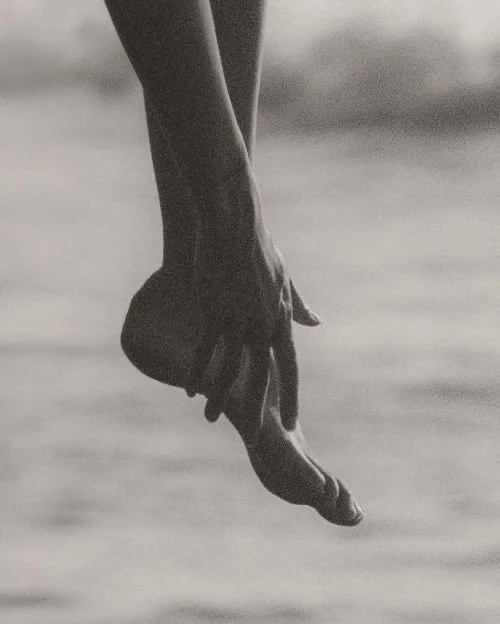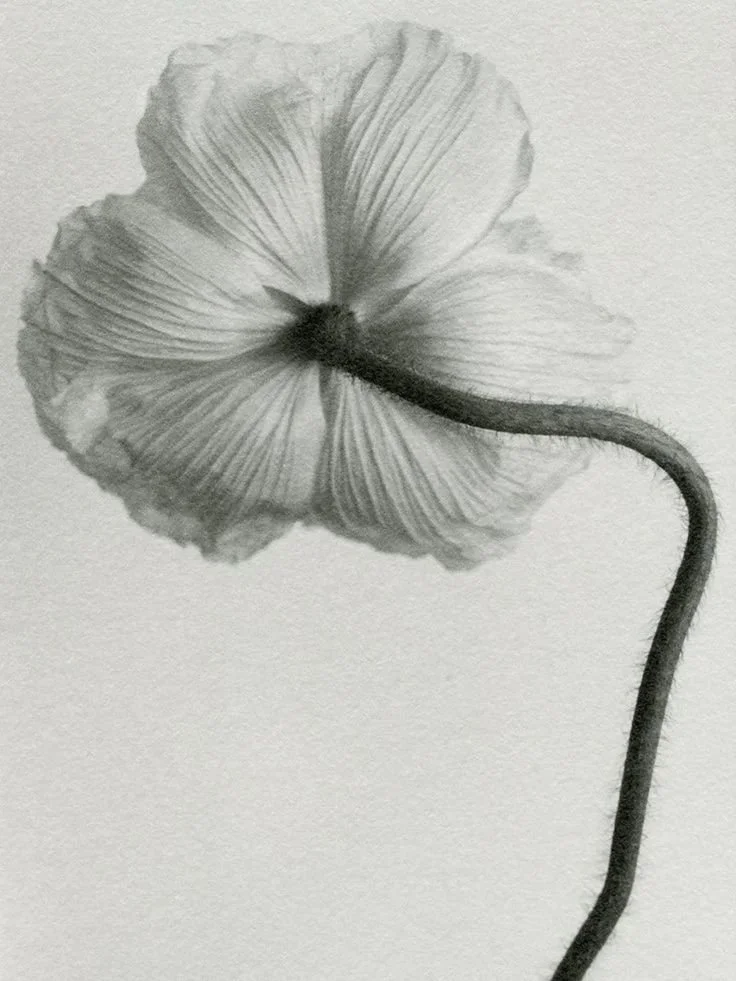ETERNAL ACUPUNCTURE
FREQUENTLY ASKED QUESTIONS
-
Traditional Chinese Medicine (TCM) is a complete and comprehensive medical system that has been used to diagnose, treat, and prevent illnesses for thousands of years (at least 2,500 years, if not 5,000). There are five pillars of TCM: acupuncture, herbal medicine, diet, movement (Qi Gong or Tai Chi), and manual therapy (Tui Na, Gua Sha, cupping).
TCM applies the synergy of natural law and order to the human body in alignment with Taoist philosophy. It acknowledges the interconnectedness of our organ systems and the importance of “Qi” for maintaining our health.
Qi is active energy, which serves as a metaphor from a modern lens for the energy and metabolic processes that exist in a living being. Qi flows through the meridian system of the body, which forms the basis for acupuncture, along with other vital substances. These meridians encompass more than simply blood vessel networks and nerve matrices - together they map out a comprehensive diagram of the body that explains how different organs and metabolic functions are connected.
-
From a Traditional Chinese Medicine viewpoint, acupuncture works by stimulating different points along the body’s energetic meridians in order to balance an individual’s Qi. From a biomedical perspective, acupuncture promotes the body’s inherent self-healing abilities by stimulating, moving, and adjusting the body’s energy to restore internal homeostasis.
Needling specific areas on the body stimulates the nervous system to release various chemicals in the muscles, spinal cord and brain which either change the experience of pain and symptoms or trigger the release of additional hormones which further influence the internal regulating system of the body. Acupuncture has the ability to not only down-regulate the body’s response to stress, injury and illness, but also modulate and fundamentally recalibrate it.
-
Dry needling is another term for a basic form of acupuncture - one used by providers without sufficient experience and training. Acupuncture is the insertion of needles into anatomical locations to treat dysfunction, be that disease, injury or pain, and promote health and wellness.
“Dry needling” is a recently invented name for an acupuncture technique which involves inserting needles directly into muscles and “trigger points” for the relief of musculoskeletal pain.
Licensed acupuncturists have both practiced and documented this acupuncture technique, now referred to as “dry needling,” for decades in the US, and for thousands of years in other countries. Some healthcare providers have claimed that dry needling is “new” and “not acupuncture” because the point locations and needling style are based on anatomical structures and physiological function rather than on traditional Chinese medicine acupuncture theory.
However, licensed acupuncturists receive training in the application of both traditional foundations of acupuncture as well as modern biomedical theories and have done so since long before the term “dry needling” was conceived.
The education requirement for dry needling is only a weekend course on how to insert needles into a patient and there are no regulatory agency controls, training, licensing, or supervision for the procedure. Conversely, the educational background for acupuncture is a minimum of 3-5 years of study and successfully passing multiple national board exams in order to understand both the why and how to needle a patient.
Dry needling is an advanced and invasive procedure. In the hands of a practitioner who has received limited and substandard training, it has the potential to cause real harm. It can be considered safe only when performed by properly trained and experienced acupuncturists.
-
Acupuncture not only addresses a variety of symptoms in patients, but also promotes general health and well-being as a preventative treatment. National and international authorities like the World Health Organization, the National Institutes of Health, and the American Medical Association, have all recognized the effectiveness of acupuncture as a treatment for a wide range of issues, including:
Autoimmune Disease: Fibromyalgia, Rheumatoid Arthritis, Lupus, Shingles/Post Herpetic Neuralgia, Vasculitis, Hashimoto’s Thyroiditis
Cardiovascular Disorders: Hypertension, Hypotension, Stroke, Palpitations
Ear, Eye and Mouth Disorders: Dizziness, Vertigo, Conjunctivitis, Central Retinal Myopia, Cataracts, Toothache, Temporomandibular Joint Dysfunction (TMJ), Post Extraction Pain, Gingivitis, Pharyngitis, Duodenal Ulcer, Colitis, Constipation, Diarrhea, Paralytic Ileus
Gastrointestinal Conditions: Irritable Bowel Syndrome (IBS), Spasms of esophagus, Hiccough, Gastroptosis, Gastritis, Gastric Hyperacidity
Mental-emotional Disorders: Stress, Anxiety, Depression, Insomnia, Post Traumatic Stress Disorder (PTSD), Addiction
Neurologic and Musculoskeletal Disorders: Headache and Migraine, TMJ, Trigeminal Neuralgia, Facial Palsy, Pareses Following a Stroke, Peripheral Neuropathies, Sequelae of Poliomyelitis, Meniere’s Disease, Neurogenic Bladder Dysfunction, Nocturnal Enuresis (bedwetting), Intercostal Neuralgia, Polymyalgia Rheumatica, Cervicobrachial Syndrome, Frozen Shoulder, Sciatica, Low Back Pain, Osteoarthritis, Carpal Tunnel Syndrome, Back and Knee Pain, Neck Pain, Tennis elbow, Fibromyalgia, Chronic Fatigue, Sports Injuries and Pains, Chronic and Post-Operative pain, Adverse Reactions to Radiotherapy or Chemotherapy
Reproductive & Gynecological Conditions: Premenstrual Syndrome, Polycystic Ovarian Syndrome (PCOS), Dysmenorrhea (Painful Periods), Menorrhagia (Spotting and Excessive Bleeding), Amenorrhea (Loss of Menstrual Period), Endometriosis, Impotence, Infertility, Incontinence, Prostatitis, Induction of labor
Respiratory Problems: Sinusitis, Rhinitis, Common Cold and Flu, Tonsillitis, Bronchitis, Asthma, Allergies
While the most common reasons individuals seek acupuncture are typically for pain, fertility complications and stress, there are clearly many applications even beyond what is listed here when done by a fully trained and certified practitioner. If you are wondering if acupuncture can help a condition that is not listed, please reach out!
-
No, acupuncture does not hurt! At most, you might feel a dull ache or a “spicy” type of sharp sensation when a needle is inserted, which disappears quickly. Some patients fear the use of a needle, but with the comforting and professional care at The Wei, the fear quickly dissipates. Often, patients don’t feel anything at all.
-
Acupuncture has cumulative effects. Each person will have a different prognosis determined by various factors which we will discuss at the start of treatments. Some people see immediate results, but most need 3-5 treatments to see improvements in their main complaint.
-
Eternal Acupuncture does not currently take insurance. Yet we are more than happy to fill out a Superbill for you to submit to your insurance company.
-
EA accepts Zelle payments as well as debit / credit transactions.
FAQ
FOR ANY OTHER QUESTIONS,


